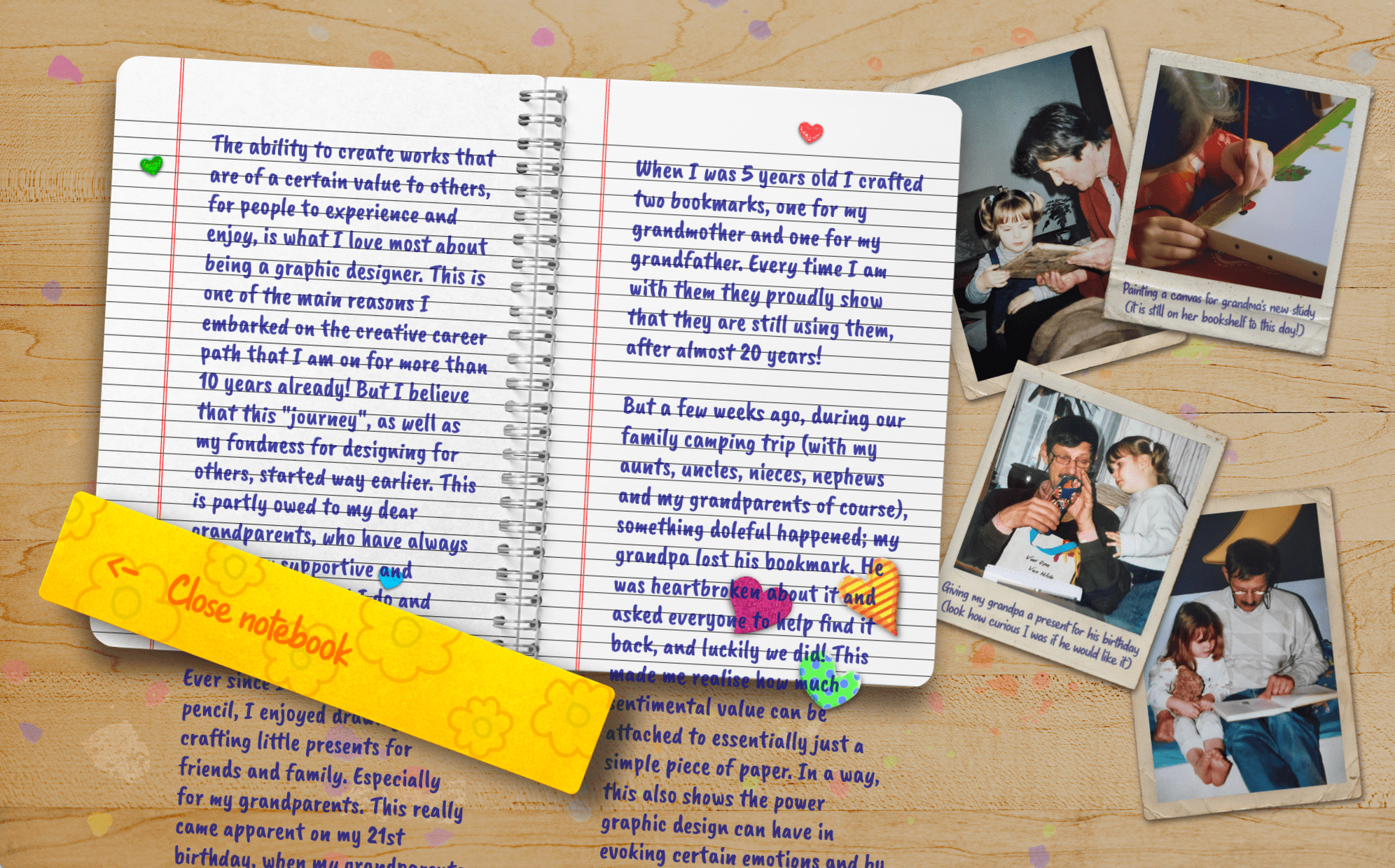
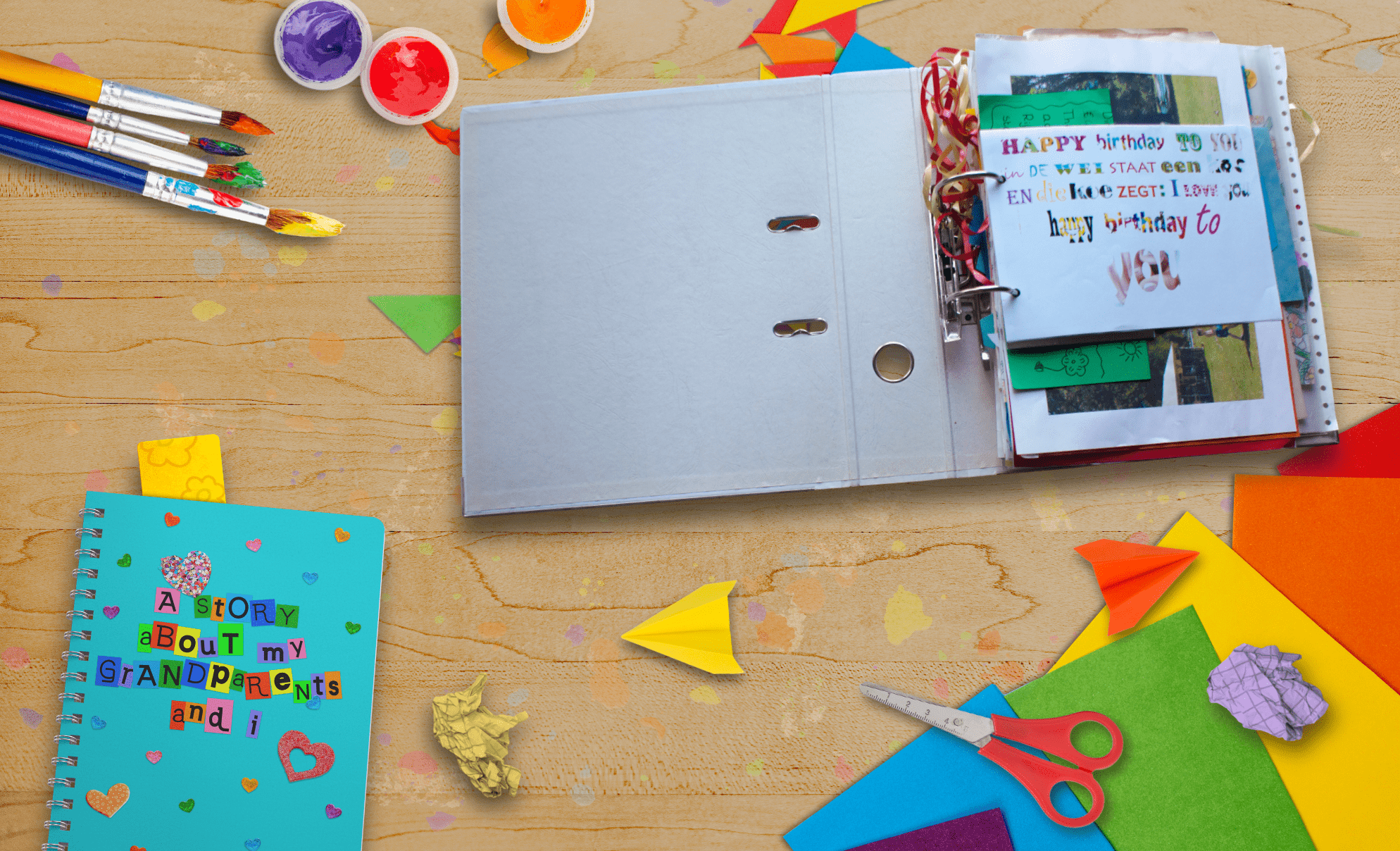
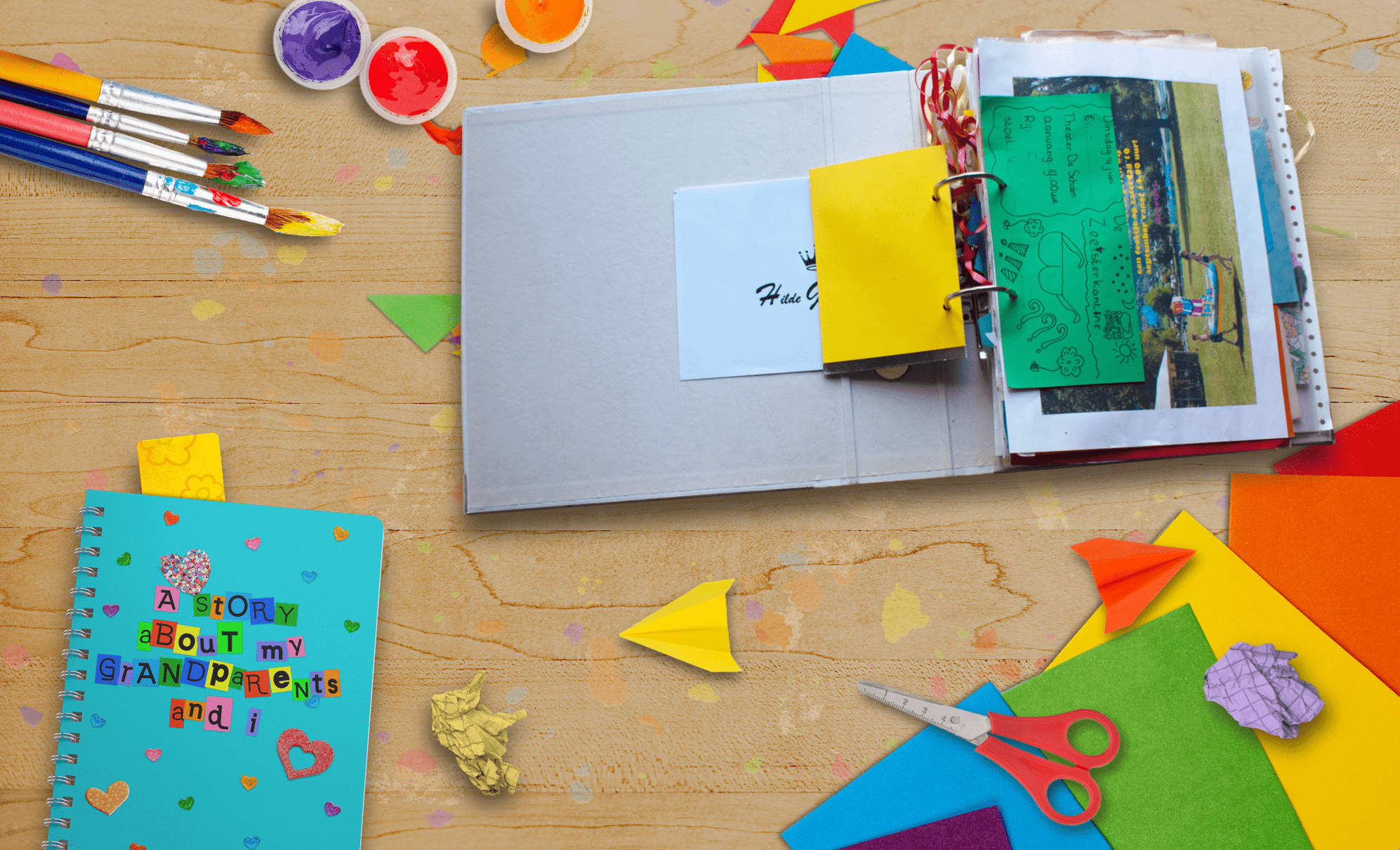
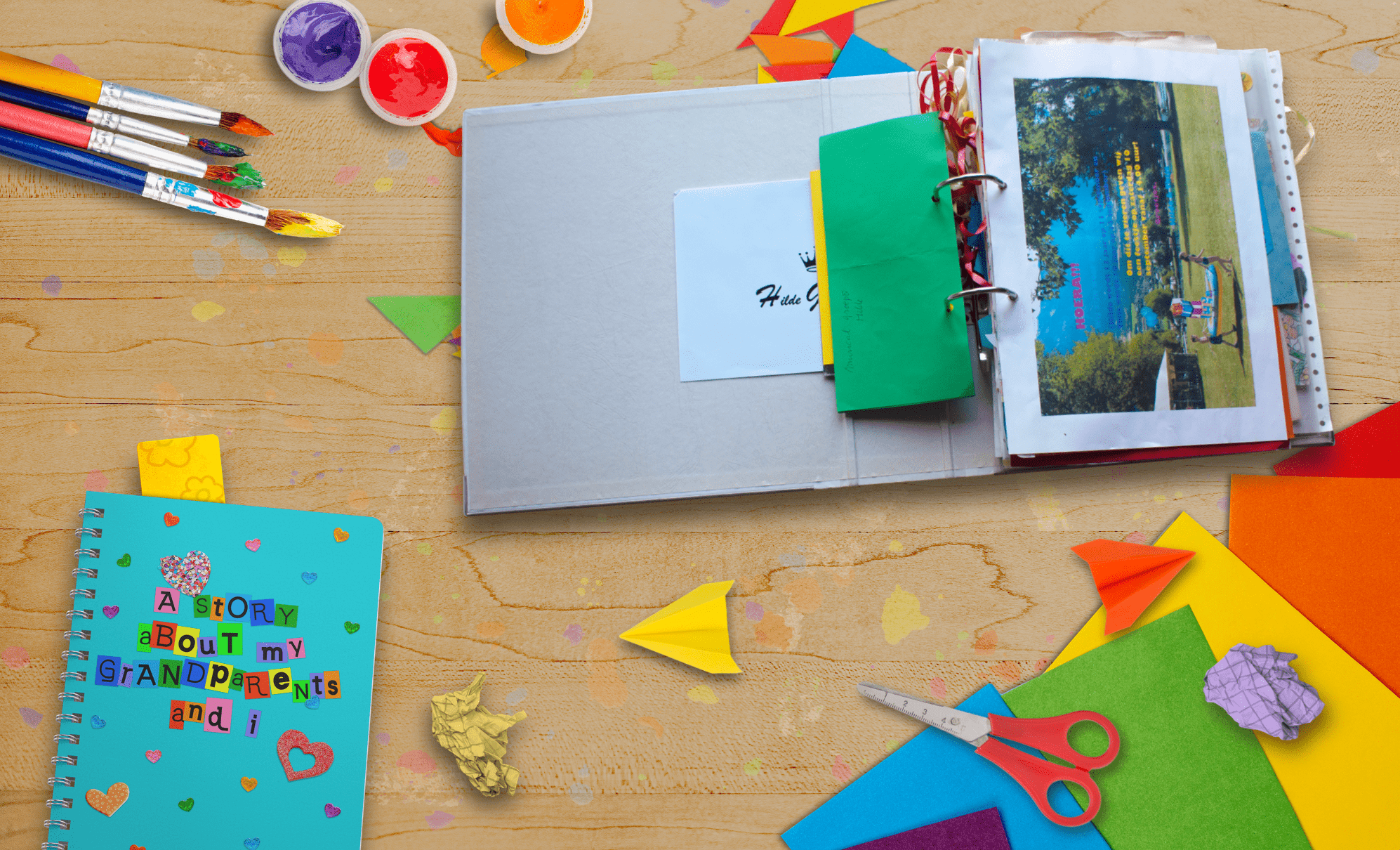
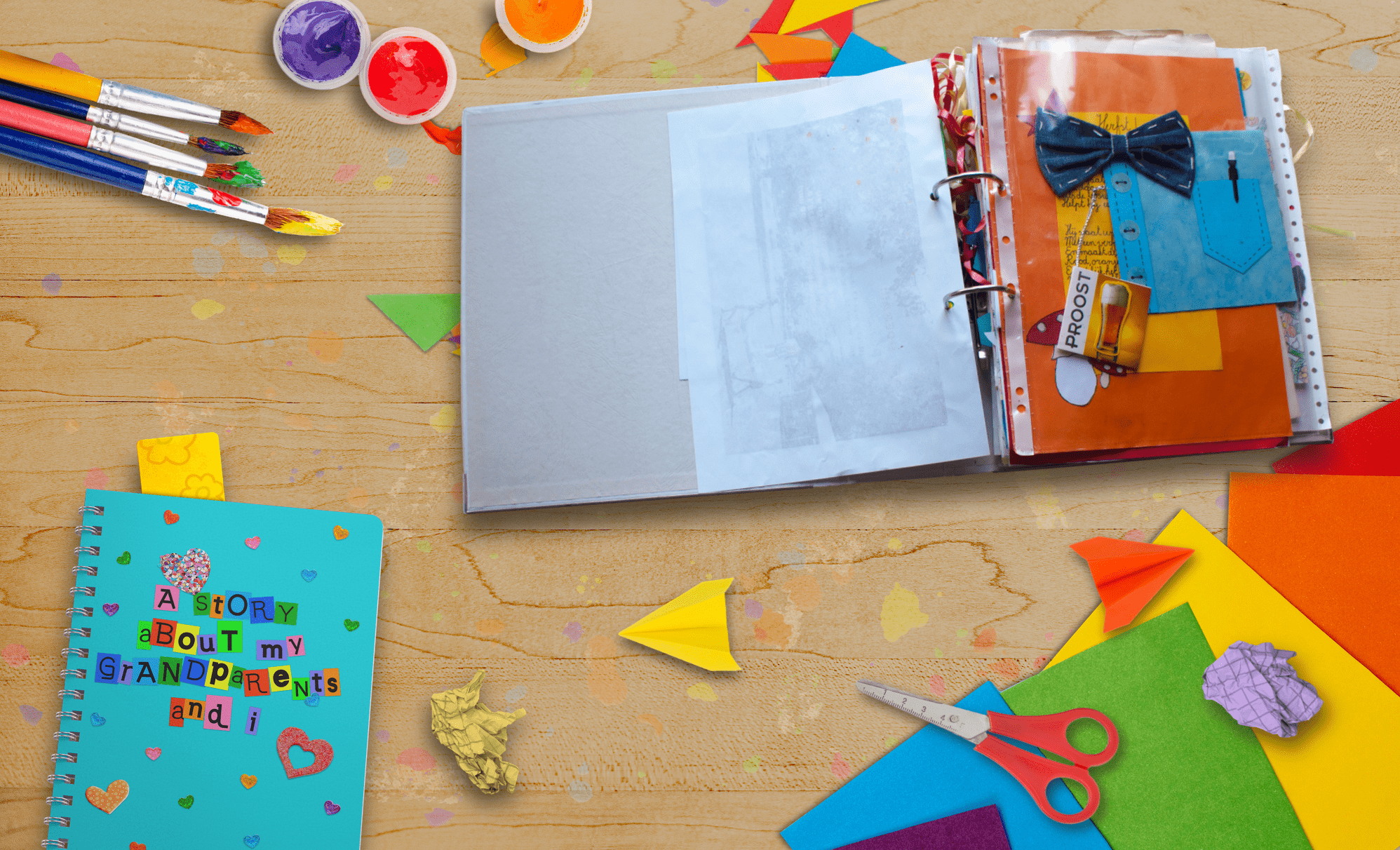
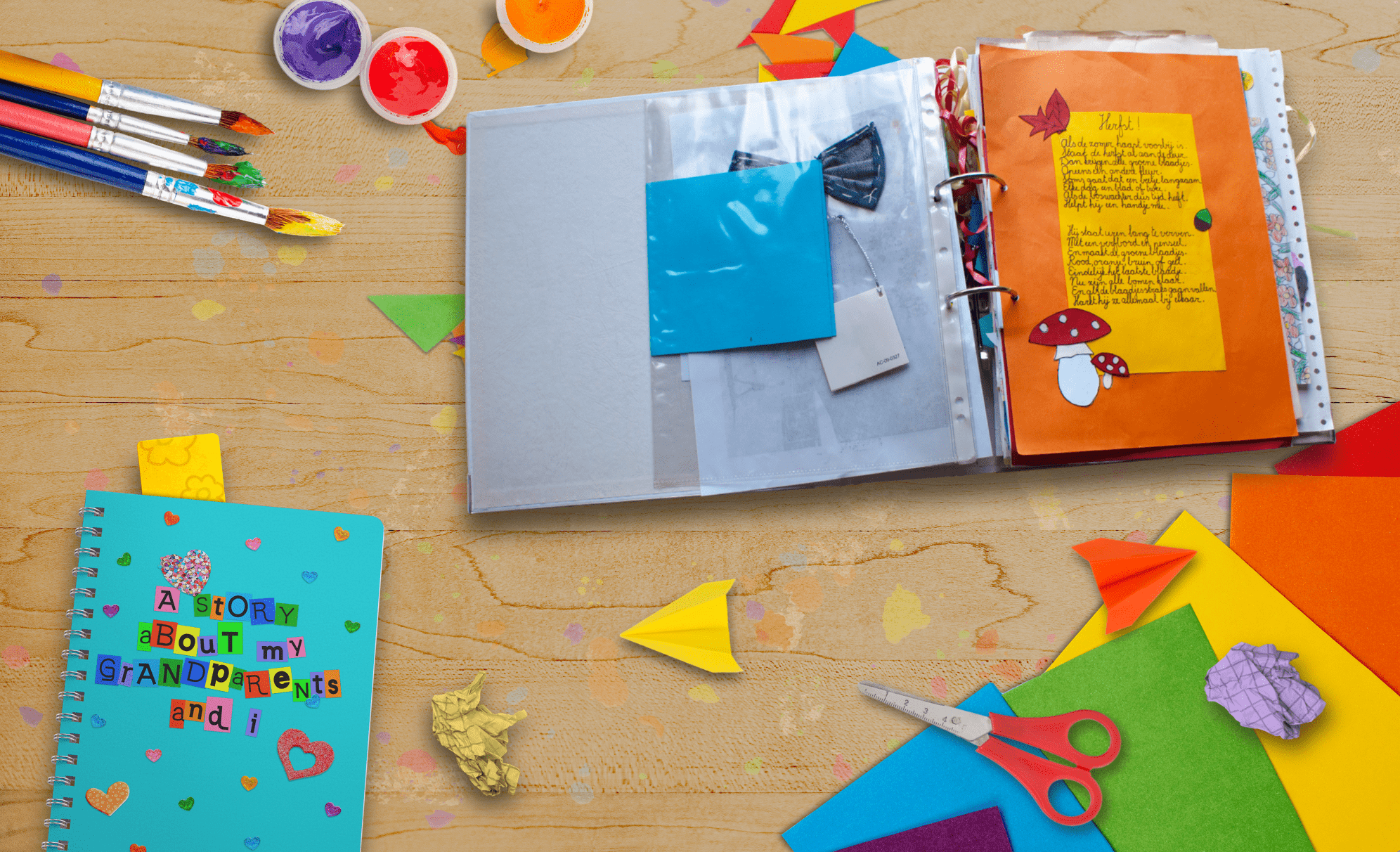
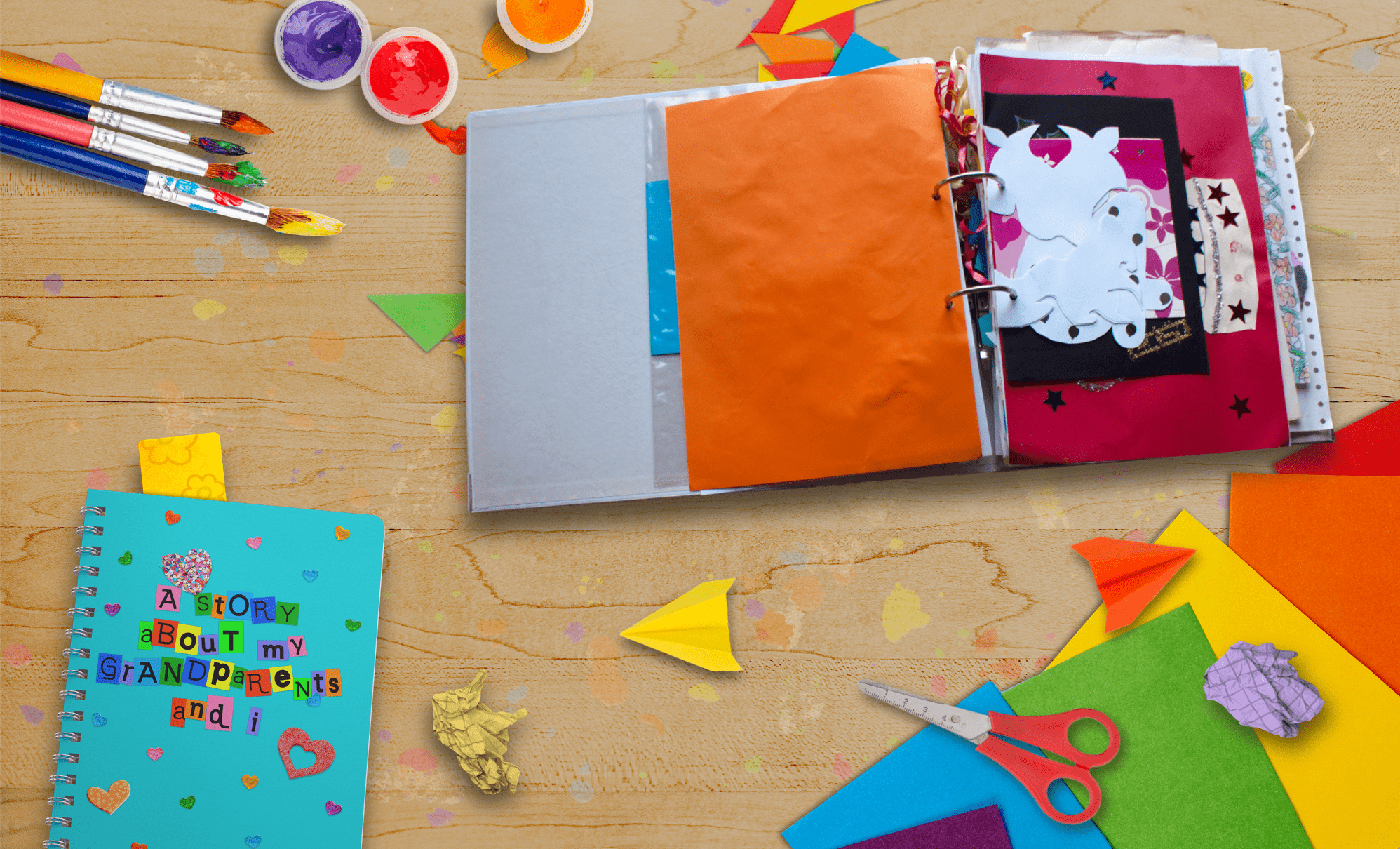
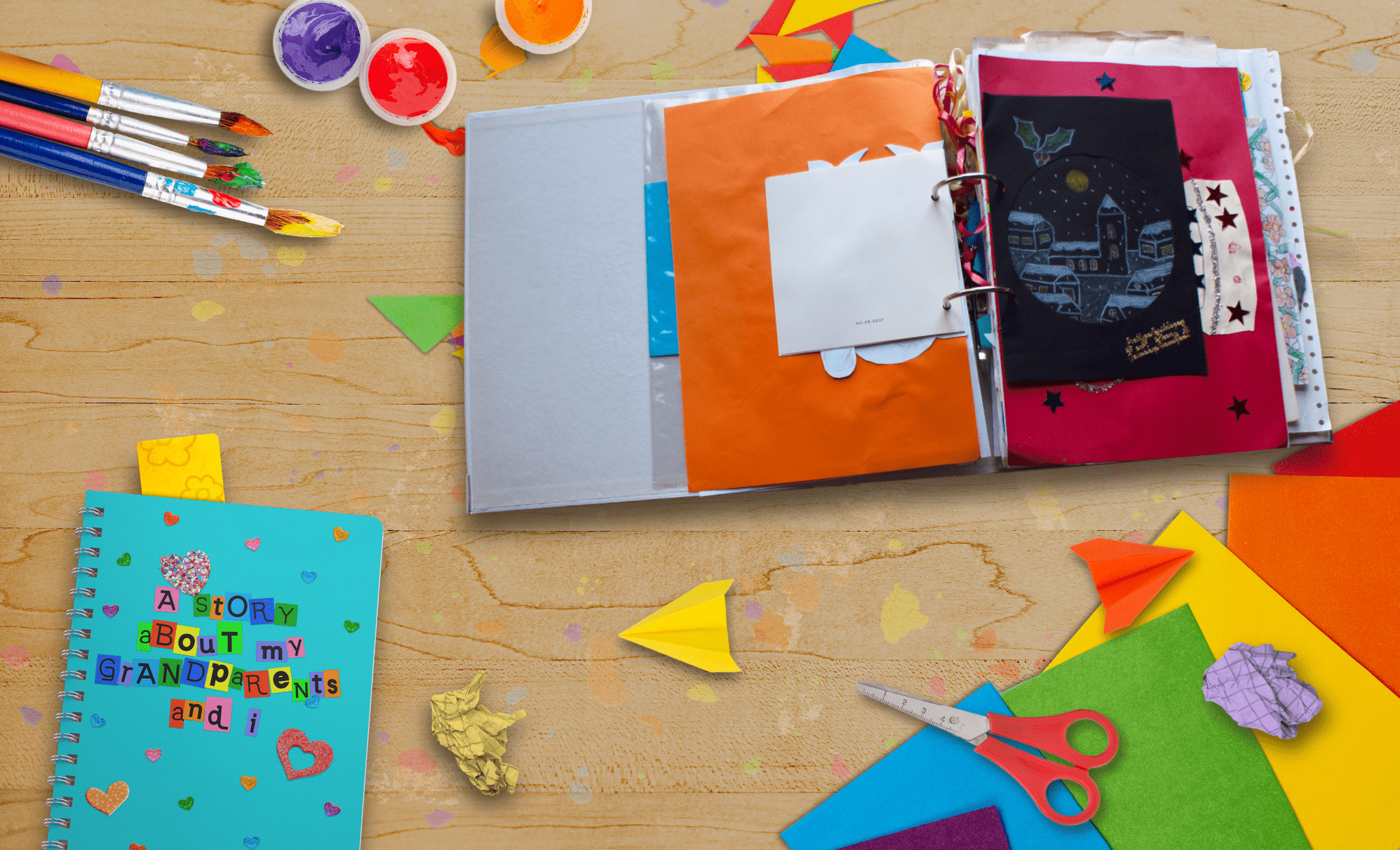
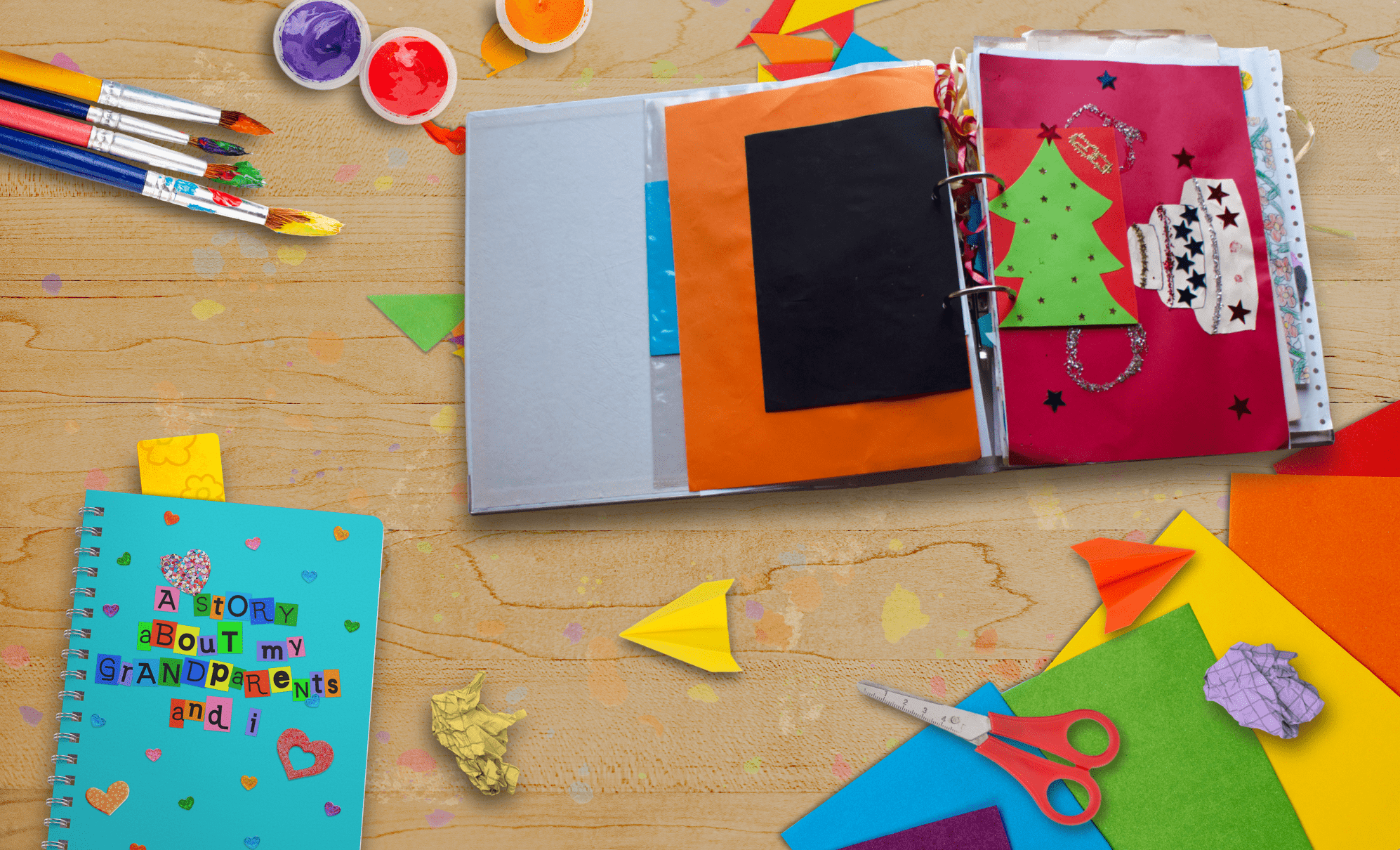
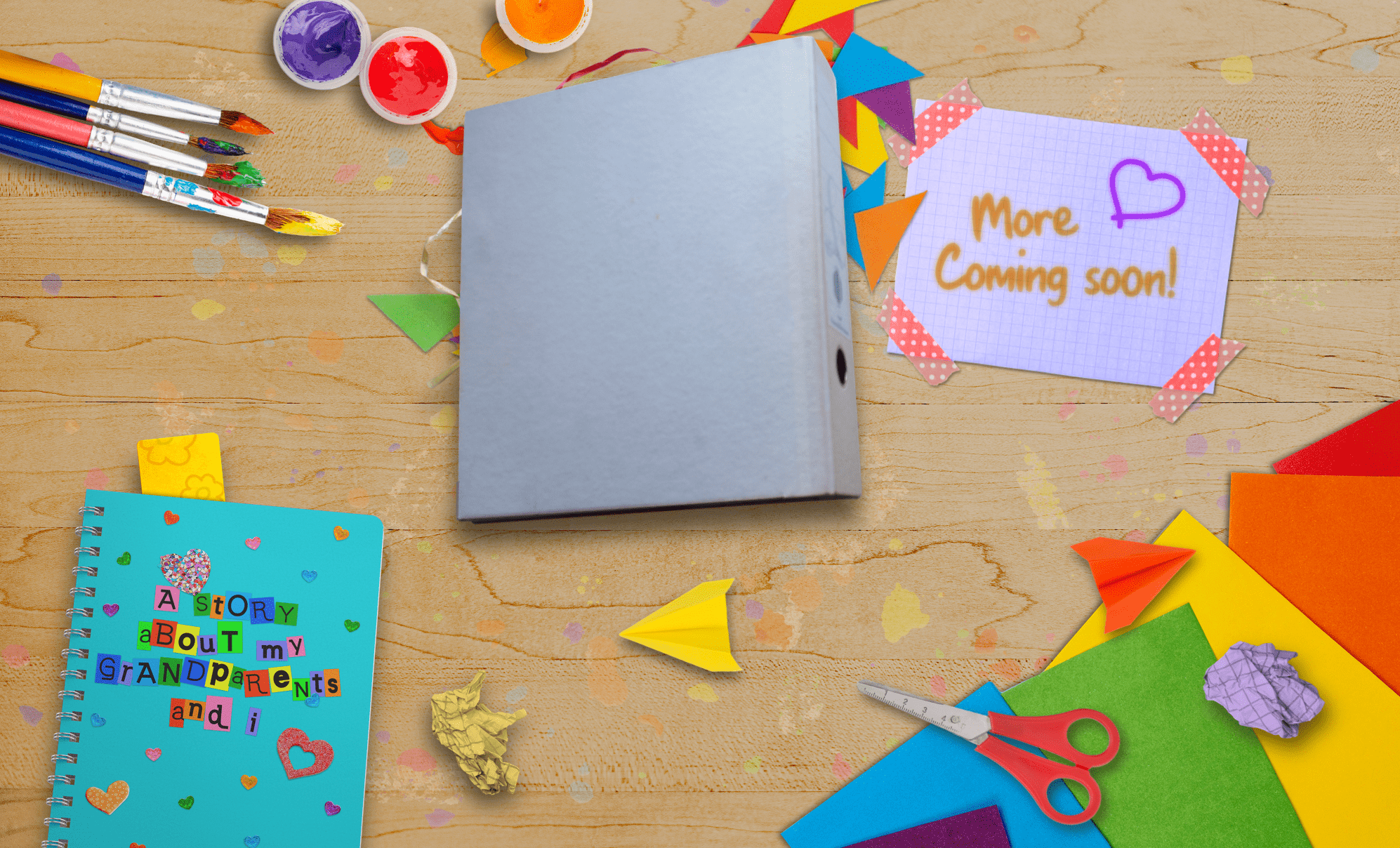
30th Aug 2023










Nami (N): Could you please introduce yourself?
Hilde (H): Hilde Greveraars , I'm now 3rd year Graphic Design student in WDKA. (Last year I took your course HTML Zine Club and I enjoyed it.)
N: Your academic year is already over half way. How's it like going to the 3rd year?
H: It's pretty fun, exciting. We start with a portfolio week. During the full week you work on your portfolio, categorise your work, and see how you want to present yourself online. I'm working on my own portfolio website now. It's pretty funny because last year I started it with a website builder but somehow I realised I didn't like the limitation of the builder. And then during the summer break, (actually because of the influence by your Elective as well), I decided to code my portfolio website. It's really fun. The only thing it is deadline. The portfolio should be finished in beginning of October. It's quite tight. I came to the conclusion that for now, time-wise it's not possible to finish my website by coding it by myself, thus I'm going back to the builder.. But I'd like to show people my interest in the coding, so I will feature what I made during your course in my website.
N: How did you experience the hand-coding? Can you share some aspects that you think it was nice, or maybe the opposite?
H: I liked it. I did coding before but it was long time ago. It was refreshing again to have some instructions again, and also the way you taught was also nice. What I like the most is finding out yourself what kinds of possibilities there are within the codes that you write. Even the basic things are already fun to play around. I don't think it even requires a lot of knowledge to start with.
N: I see. In the beginning I introduced you a lot of visual-oriented references from other media artists, as well as from mine. The thing is I have gradually realised that these experiments are not very accessible for screen-reader users thus now I'm trying to be careful as for creating visual webpages. But indeed, like you said, one of the main reasons that attracted me to the hand-coding was the various-playful aesthetic possibilities in HTML & CSS. During your process, you had to face many issues and find solutions for them. How was the process of figuring them out?
H: Well, as a lot of people say, 'Google is your best friend'. But then an aspect that was hard and fun at the same time was about what kinds of terms you should search on. I had to figure out how to search for similar answers to my issues and relevant answers. I remember I also sometimes asked you like 'What should I type to find the right result in the search bar? What would be the keywords/phrases?'
N: Yes, indeed. In the beginning you tend to struggle in the web search engine because you don't know how to phrase your issues in the code. And there are many different ways to do it for one. After tapping the Enter key, you see so many results. Then how did you manage to find the most relevant answer and apply it for your errors?
H: Well, it's just try-out. If you feel like you found a way, you just try it. If it works, it works. And even doesn't work then you have to find another solution. Sometimes I Also tried to think logically of my codes and it also worked. Seeing properties and values, I was also able to figure out what I did wrong, which was fun. So yes, I mostly tried to 'well' search for my issue in the Internet, but not alway depends on it.
N: Yess this is one of the important aspect of hand-coding process I think, which is learning how to search! Thank you for sharing your insight. HTML Zine Club was, by the way, not just about learning basic HTML & CSS, but also about writing a personal text and using other personal materials of yours. How did you understand/interpret the concept of webzine?
H: The biggest thing for me is that the most of normal websites are like sites where everyone can visit and see. I mean they are made for the big audience. But what I understood the webzine as something very personal and small. So you would have more narrowed scale of audience. In my case, it was my grandparents. I made the webzine for them. That was really refreshing for me. Given the concept from a word World-Wide-Web, it seems like you have everyone as a visitor and technically it is true. But I think with the consideration that I should show everyone my website in an understandable level and quality, I would feel a little limited although it may sound like a broad approach. I like the point that the webzine is a form that can be very personal.
N: This is interesting..! You just gave me the wold World-Wide-Web. It really resonates me why and how I wanted to start exploring the hand-coded webpage-making despite it could be clumsy. Because I just wanted to talk about my small stories and thoughts and, eventually it was just fine that it's only seen by me or a few of my friends.
H:Yes, I felt the same.
N: But isn't it still possible to post something personal and make the small-cozy-connection in a platform like Instagram? A lot of people also have it as a personal diary or something.
H:I have Instagram but I don't really use it though.
N: Why is that?
H: I don't know, it's just like.. mmm… I don't really like pressure 'having to post'. I actually didn't have one but I was kept being asked like: What's yr instagram? I just made one because everyone asked me and I felt like it was a popular format of artist portfolio. But I don't really care to be honest haha. I have some photos of me and my mom in my Instagram, which were uploaded two years ago..
N: Haha, yes that interval explains that you don't really care it indeed. I also don't have Instagram yet, and I also must say that I don't do because I don't like the implicit pressure from the platform and sharing-culture there. Maybe the way how I feel is a little different with yours. What I don't enjoy is a feeling that I'm being naked haha. I mean.. I know you can set your IG as a private page that only your followers can see things. But still the sense of openness is sometimes a bit tricky for me to handle. The other reason is about the prevalent visual culture.. within the white-clean layout you tend to upload many of photos that you like, but in fact, I am a very clumsy and imperfect person (as everyone is). When showing some sides of myself in my DIY webpage, the page can be technically clashed or broken. The resolution of my photos is not good… But I like the fact that my visitors would be likely to just accept it as it is, haha. It may sound like an excuse of an irresponsible designer.
H: Yes, I also understand the pressure of sharing things from the social media platform. For many students, especially, those attending an Art academy, IG is like a portfolio. However I don't want to have bc everyone has it. I'm now looking for internship. I look at job description. They often say like you should have some knowledge and skills in social media. Skills like how to manage an account and communicate with others, etc. I don't have such known because I don't use it a lot.
N: Haha, yes I also experienced the same. When applying for some places to work after my graduation, I realised many places required applicants to have such social skills. For a few months I worked in a creative agency. While working there, I truly realised that all content made in the agency should be directly communicated and shared in FB and IG in a very tempting level.
H: Yes, I can imagine that.
N: Now I'd like to change the direction of our interview. I want to hear how you experience exploring arts and design in the Art academy context. How's your learning there? How do you see your development in the technical skills or in the conceptual sense?
H: To talk about skill-wise aspect, in the beginning of 1st year, everyone had very different level of the technical skills. For instance, there were already some people who were quite good at Adobe applications, but there were also many others who don't know how to work with these at all. I (e.g, Adobe) During my previous study I already learned many Adobe products, since I attended a Grafisch Lyceum in Eindhoven for 4 years. But what I find interesting is that now everyone is like on the same level in terms of the skill proficiency.
N: That could mean that they learned the skills fast.
H: Yes, I think the biggest factor is that students learn from each other. The academy doesn't really teach you every single technical lessons. I think it's more about people learn things by themselves, just trying out. The first two year in WDKA was the Covid period, so we couldn't go to the school. It was such a big change becasue it was not possible to sit next to friends and do things together. I loved when I was able to come to the school and comunicate with them again.
N: Beautiful. Many of the students that I've been interviewing (although the number of the students are not many) tend to value the co-learning with fellow classmates a lot. It's impressive because this is such a positive way of thinking which I didn't expect. It's probably because I was a little grumpy student and I thought they'd think similarly. I know I shouldn't dig the students' minds to the direction that I want, but I should admit that my interview is not utterly objective. I'm wondering if there's a point that could be improved in the current curriculum or the education system.
H: Hmm, I expect sometimes instructions given by some teachers are not organised... I have ADHD, and sometimes it's hard for me efficiently focus on projects. Generally I enjoy the freedom in the academy, but sometimes I just need more structure.
N: Thank you for sharing your mind :) Yes, since you're also going to the 3rd year, you may need the concentrated mode of working more. You told me you're going to search for an internship soon. How do you feel about it? Do you think you know how you want to present yourself? Is there any pressure or concern to dive into the wave of the job market?
H: Yes, I guess I have a bit of pressure, to be honest. Knowing I should show myself to the bigger context, I keep asking myself: 'What do I want to show?' It'd be nice to receive positive feedback and reaction, but in reality you would often hear from many places like: 'I'm sorry, I don't get what you conveyed to us.' You convey who you are… sometimes you get back from others that they don't get what you deliver. There are always some particular visual styles or designer stances that are preferred. It's hard not to compare the standards to my own approach. But I think I don't have to artificially shift who I am for the market requirement.
N: That's so true. It's not that I have bunch of experiences or something, but what I also believe is that there should be some places that appreciate what you have, just as it is. I'm sure you'll find a relevant place for you.
H: Thank you.
N: It's been a beautiful conversation! I think my interview is almost done, but I still have one last question. What would be your main focus or strength as a designer or artist in the creative industry? Sorry if it sounds too serious... I mean, I've been serious all the time though :p
H: Hmm..I think my interest always lies on human-centered design. Making things for others is very inspiring. Well, it'd be way too a small scale of audience, but I was very happy to work for my webzine because I wanted to make it for my grandparents.
N: Yes, I don't think the big scale of social or public project is the only human-centered design. I saw huge warmth that can't be even described in words in your zine. That is why I wanted to interview you as well.
H: Thank you. I really enjoyed the course..! I actually showed my webzine to my grandparents. That day, all of my family members gathered and they all saw the zine together. It was a very memorable moment and I won't forget it. My grandfather actually has dementia now... While feeling the necessity of more communcation with my family, this webzine was a nice bridge. I want to thank you for that.
N: I'm very honoured to hear that! Thank you too.